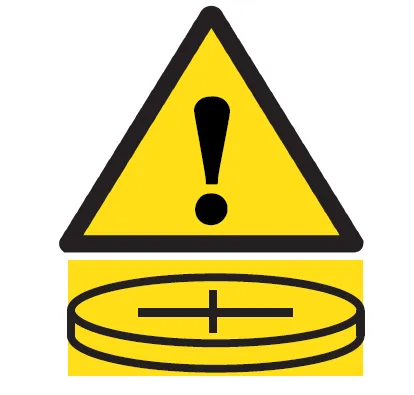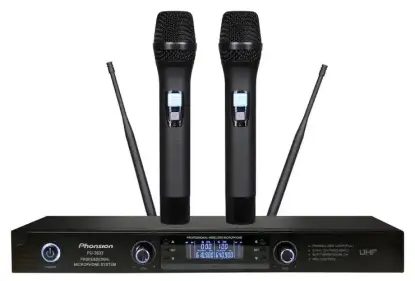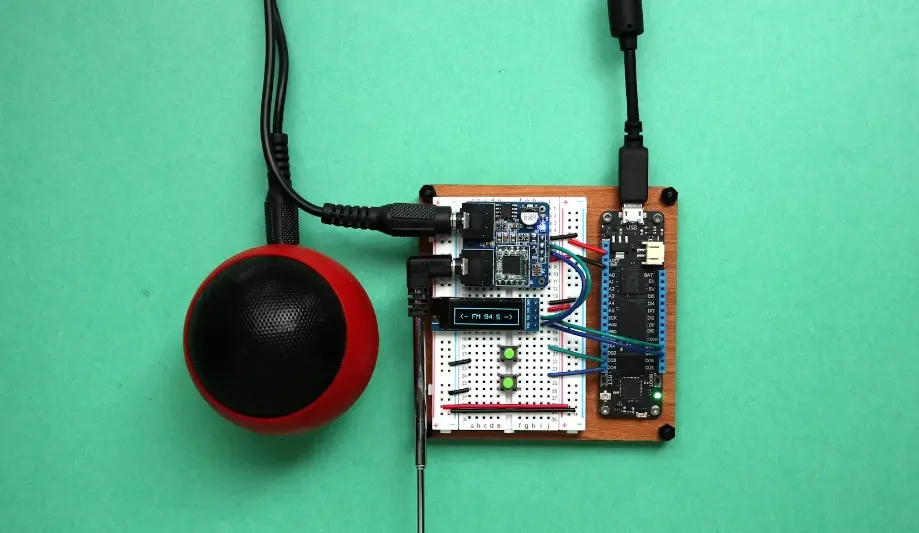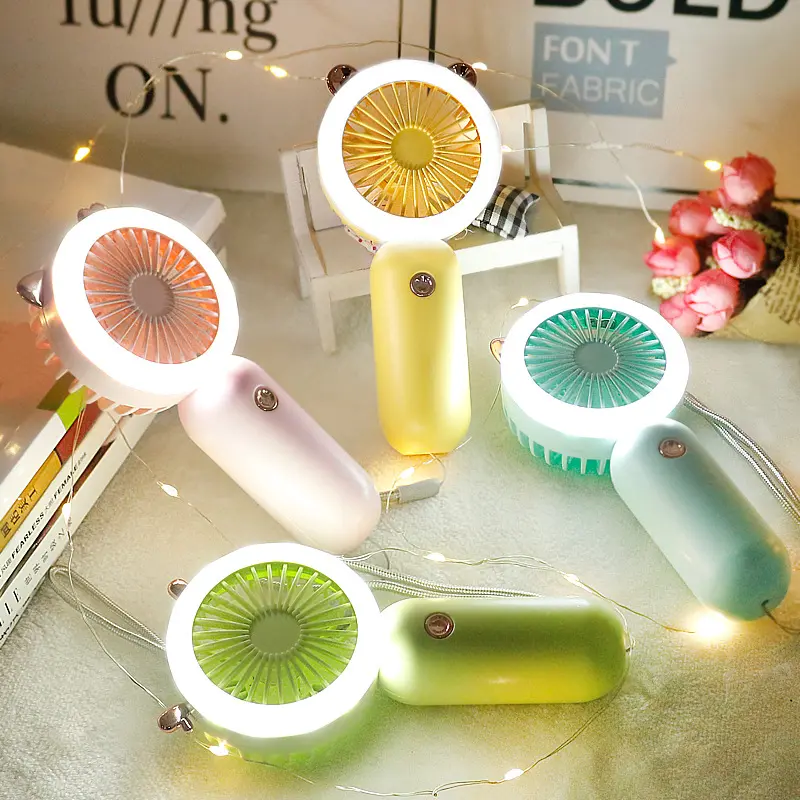
Button Battery UL4200A Test + GCC Certificate Handling
The UL4200A for button battery products is a specific safety test standard that focuses on the safety of consumer products containing button or coin batteries.

The introduction of UL4200A is related to the Reese’s Law signed by U.S. President Biden. This law aims to protect children and other consumers from the risk of accidental ingestion of button batteries. The standard is primarily intended to reduce the risk of children swallowing button batteries, especially children aged 6 and under. The UL4200A certification mainly covers household products that contain or may use lithium technology button or coin batteries. Specifically, these requirements apply to consumer products containing lithium button or coin batteries typically installed with a diameter less than or equal to 32mm, and a diameter greater than the height of the button lithium battery.
This standard does not apply to products that exclusively use battery forms other than lithium button or coin batteries, nor to products not intended for use in areas accessible to children due to their specialized purpose and instructions. For batteries that allow the user to move or replace, the structure needs to ensure that the battery is not easily accessible, and the battery compartment cover or door needs to be securely fastened. For batteries that do not allow the user to move or replace, the product needs to be designed so that the battery cannot be accessed or is completely fixed by welding, riveting, etc. Products with built-in button batteries will be enforced starting March 19, 2024.
Individual button batteries will be enforced starting September 21, 2024. Relevant regulatory requirements for warning labels also need to be met.
The general handling process is as follows:
1. Choose a laboratory: Find a laboratory approved by ISO17025 for testing.
2. Submit samples: Submit detailed technical specifications, design drawings, user manuals, and other relevant materials of the product, as well as samples of the button batteries for testing and evaluation.
3. Conduct tests: The laboratory conducts tests on the samples according to the UL4200A standard.
4. Obtain the report: If the product passes all tests, the laboratory will provide a test report proving that the product meets the UL4200A requirements.
GCC Documents
It should be noted that GCC documents have requirements for specific information. Previously, many sellers failed the review due to incomplete information. The main requirements include the product's production date, place of origin (at least the city and country), email address, contact information, and contact person. The processing cycle for this report and documents is approximately 7 working days.
How much does the UL 4200a test report cost?
China JJR Laboratory is an IEC 17025 authorized laboratory. Our UL 4200A test fees range from $490 to $690; compared to other laboratories charging $800, we can save you 20% on testing costs.
Email:hello@jjrlab.com
Write your message here and send it to us
 Wireless Microphone Export Certification
Wireless Microphone Export Certification
 Audio-Visual Products SNI Certification in Indones
Audio-Visual Products SNI Certification in Indones
 FCC-ID: Still Needed if Module is Certified?
FCC-ID: Still Needed if Module is Certified?
 FCC Certification Fees for Handheld Fans
FCC Certification Fees for Handheld Fans
 FCC Certification Testing for Smart Lighting Produ
FCC Certification Testing for Smart Lighting Produ
 What is the ETSI EN 303 645 Testing Standard?
What is the ETSI EN 303 645 Testing Standard?
 UL Compliance and ETL Certification for LED Lighti
UL Compliance and ETL Certification for LED Lighti
 What is the IEC 60598 Standard?
What is the IEC 60598 Standard?
Leave us a message
24-hour online customer service at any time to respond, so that you worry!




